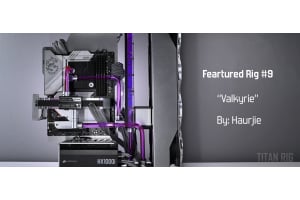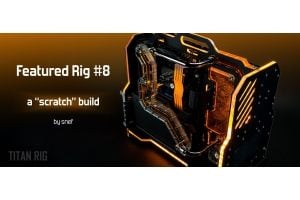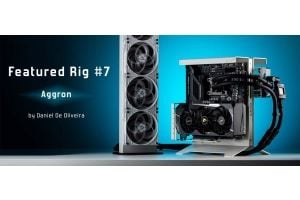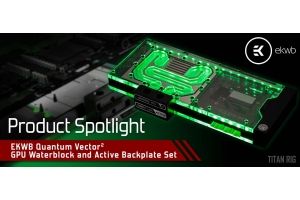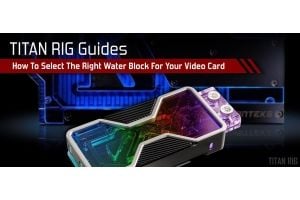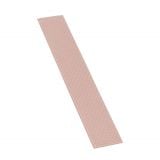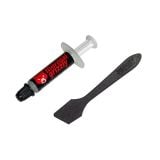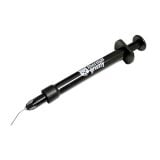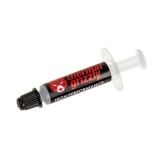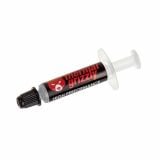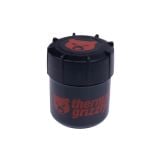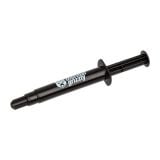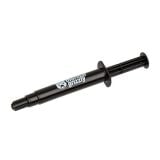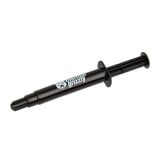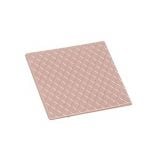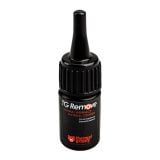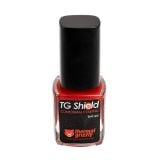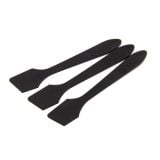2-Day Expedited Shipping Only $14.95 - See Restrictions
Thermal Grizzly Buyers Guide
If you’ve been in the DIY PC community for any time at all you’ve likely heard the name Thermal Grizzly. While they’ve only been around since 2014, their name is likely to come up in any PC enthusiast conversation about thermal pastes. Computer scientist, Eike Salow, founded Thermal Grizzly in Hamburg, Germany and every aspect of the company and its products is managed and produced there today.
Thermal Grizzly has made a top-performing range of thermal solutions as shown by a great many independent tests, often outperforming some of the biggest names in the industry. That’s really only half of the story though. What really sets Thermal Grizzly apart is their selection. They offer more choices in thermal interface materials than any other brand at this time. All those options can be confusing even to an experienced builder, so we decided to put together a buyer’s guide to help make the choice easier.
Thermal Grizzly offers thermal interface solutions in two basic forms: thermal paste and thermal pads. Thermal pastes are semi-liquid compounds which are applied in small amounts to heat loads, like a CPU or GPU, and spread across the surface by the pressure of the water block or air cooler once it is mounted. This is by far the most common type of thermal interface used.
Thermal pads are soft but solid sheets of thermally conductive material, normally used in place of thermal paste to fill gaps too thick for the semi-liquid option. These gaps are deliberate decision of the maker of the cooler or water block and are normally placed above fragile components that can’t withstand the mounting pressure of direct contact like there is on a CPU or GPU. An example would be memory chips on graphics cards.
With so many options though, how does a custom PC builder know which one to use? Below is a list of each of the Thermal Grizzly products with information and use considerations for each. Afterward is a table that compares the major points of all of them for easy reference. The major points listed for consideration are:
Thermal Conductivity: How well does the material transfer heat from the load to the cooling surface?
Electrical Conductivity: How well does the material conduct electricity? In this case this is an all-or-none entry. Any electrical conductivity at all requires the same precautions regardless of the amount.
Working Temperature: What range of temperatures does the product work in? Note that as the extremes of these ranges are approached efficiency will drop but most users will never come close to these numbers.
Technical note: Thermal conductivity is measured and referenced in the unit “W/mk”, which stands for “watts per meter-Kelvin”, also known as ‘k Value’. The k value specifies the rate of heat transfer in any homogeneous material. If a material has a k value of 1, it means a 1m cube of material will transfer heat at a rate of 1 watt for every degree of temperature difference between opposite faces. The k value is expressed as 1 W/mK. In short, the higher the k value the better a substance is at transferring heat.

- Thermal Conductivity: 8.5W/mk
- Electrical Conductivity: No
- Working Temperature: -150°C to +200°C
Aeronaut is Thermal Grizzly’s most basic and least expensive thermal paste. Like many such pastes on the market, Aeronaut is silicone-based. As such it is electrically non-conductive so it won’t cause problems with short circuits in components if it gets where it shouldn’t be. Even being Thermal Grizzly’s least efficient option, it still boasts a thermal conductivity rating comparable with some of the top products from industry leaders. Aeronaut is recommended for the beginning DIY cooler for its simplicity and cost effectiveness.
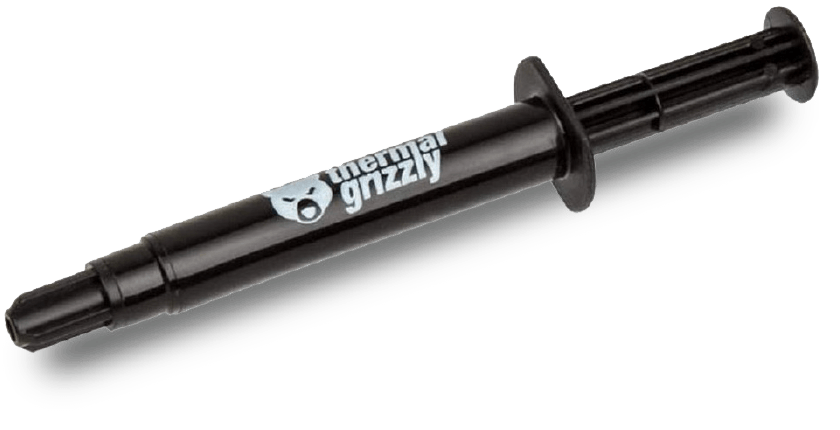
- Thermal Conductivity: 11.8W/mk
- Electrical Conductivity: No
- Working Temperature: -200°C to +350°C
Hydronaut is the option of choice for those wanting slightly better performance than Aeronaut at only a slightly higher price. It is also the only thermal paste offered that is silicone free. Some optics and more delicate electronic components are sensitive to silicone outgassing – not likely to be found in a common PC build but Thermal Grizzly supplies thermal interface materials to every industry.
Hydronaut also boasts a working temperature range that makes it applicable to the field of cryogenic cooling, like liquid nitrogen used in extreme overclocking.
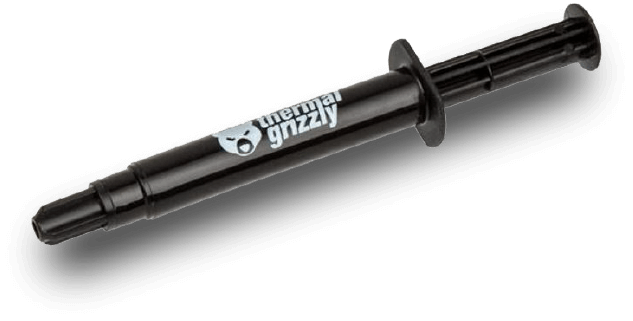
- Thermal Conductivity: 12.5W/mk
- Electrical Conductivity: No
- Working Temperature: -250°C to +350°C
Similar to Hydronaut, Kryonaut is the material of choice for the most extreme cooling, offering an effective working temperature down to -250°C. Kryonaut is a silicone-based paste, which allows the use of more aluminum in its mixture, providing better thermal performance and lower operating temperatures.

- Thermal Conductivity: 14.2W/mk
- Electrical Conductivity: No
- Working Temperature: -250°C to +350°C
Kryonaut Extreme is a refined formulation of the Thermal Grizzly's Kryonaut thermal paste. By decreasing the nano-aluminum particle size it allows microscopic differences in mating surfaces to be filled better and increase thermal conductivity between them.
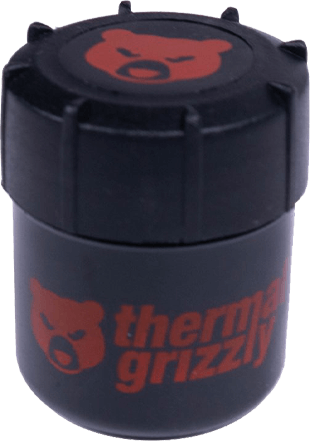
- Thermal Conductivity: 73W/mk
- Electrical Conductivity: Yes
- Working Temperature: +10°C to +140°C
Conductonaut is Thermal Grizzly’s best performing thermal compound, as shown by its astounding thermal conductivity. Caution must be taken when using this product though. Conductonaut is a liquid metal compound, made up of gallium, indium and tin. It is much thinner in consistency compared to other compounds and is very conductive to electricity and so should never come in contact with areas other than the component being cooled. In addition, Conductonaut cannot be used with any form of aluminum. The gallium in the compound will react with the aluminum and cause severe pitting. This warning is included in all of Thermal Grizzly’s documentation and packaged with the product itself.
With proper precautions and application, Conductonaut is one of the most effective thermal interface materials on the market today.
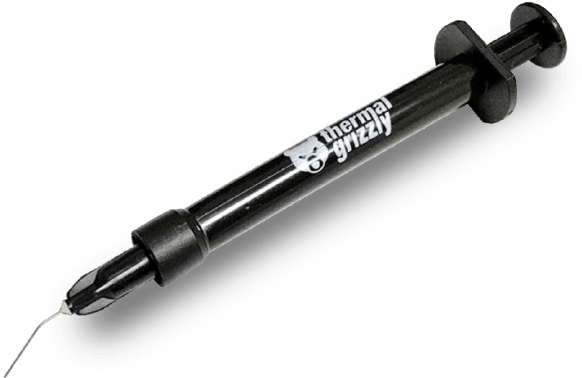
- Thermal Conductivity: 8W/mk
- Electrical Conductivity: No
- Working Temperature: -100°C to +250°C
Minus Pad 8 is one of two thermal pad options offered by Thermal Grizzly. Based on a ceramic silicon paste and containing nano aluminum oxide particles, it’s available in thicknesses of .5mm, 1mm, 1.5mm and 2mm. It boasts a very good thermal conductivity for a solid-state interface and is not electrically conductive.
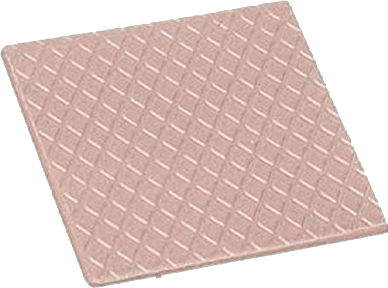
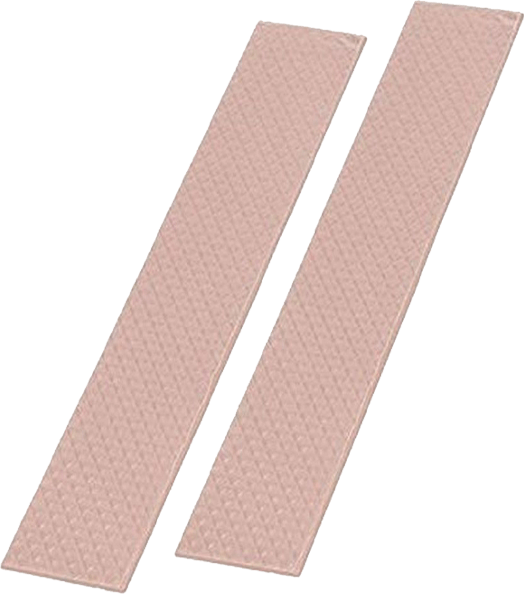
- Thermal Conductivity: 62.5W/mk
- Electrical Conductivity: Yes
- Working Temperature: -250°C to +150°C
Carbonaut is the other thermal pad option offered by Thermal Grizzly. Made from carbon fiber, Carbonaut is electrically conductive so care must be taken in its application. That said, it offers excellent thermal conductivity and gap-filling properties and is reusable. Carbonaut is also available in sizes precut to fit the most popular Intel and AMD CPUs as well as Nvidia’s 2080 and 2080 Ti GPU die. In addition, it’s a far easier product to use as it eliminates the mess and subsequent cleaning needed with thermal greases and pastes.

| Product | Thermal Conductivity | Electrical Conductivity | Working Temperature | Silicone Based |
|---|---|---|---|---|
| Aeronaut | 8.5W/mk | No | -150°C to +200°C | Yes |
| Hydronaut | 11.8W/mk | No | -200°C to +350°C | Yes |
| Kryonaut | 12.5W/mk | No | -250°C to +350°C | Yes |
| Kryonaut Extreme | 14.2W/mk | No | -250°C to +350°C | Yes |
| Conductonaut | 73W/mk | Yes | +10°C to +140°C | No |
| Minus Pad 8 | 8W/mk | No | -100°C to +250°C | Yes |
| Carbonaut | 62.5W/mk | Yes | -250°C to +150°C | No |
Thermal Grizzly has made amazing progress in the industry given how new they are to the market. A combination of top-quality products and a diverse range of thermal interface material solutions has made them the top choice for many PC enthusiasts around the world. TITAN RIG carries a full line of Thermal Grizzly’s products in a wide range of sizes. Check out our catalog and grab the one that’s right for you!


